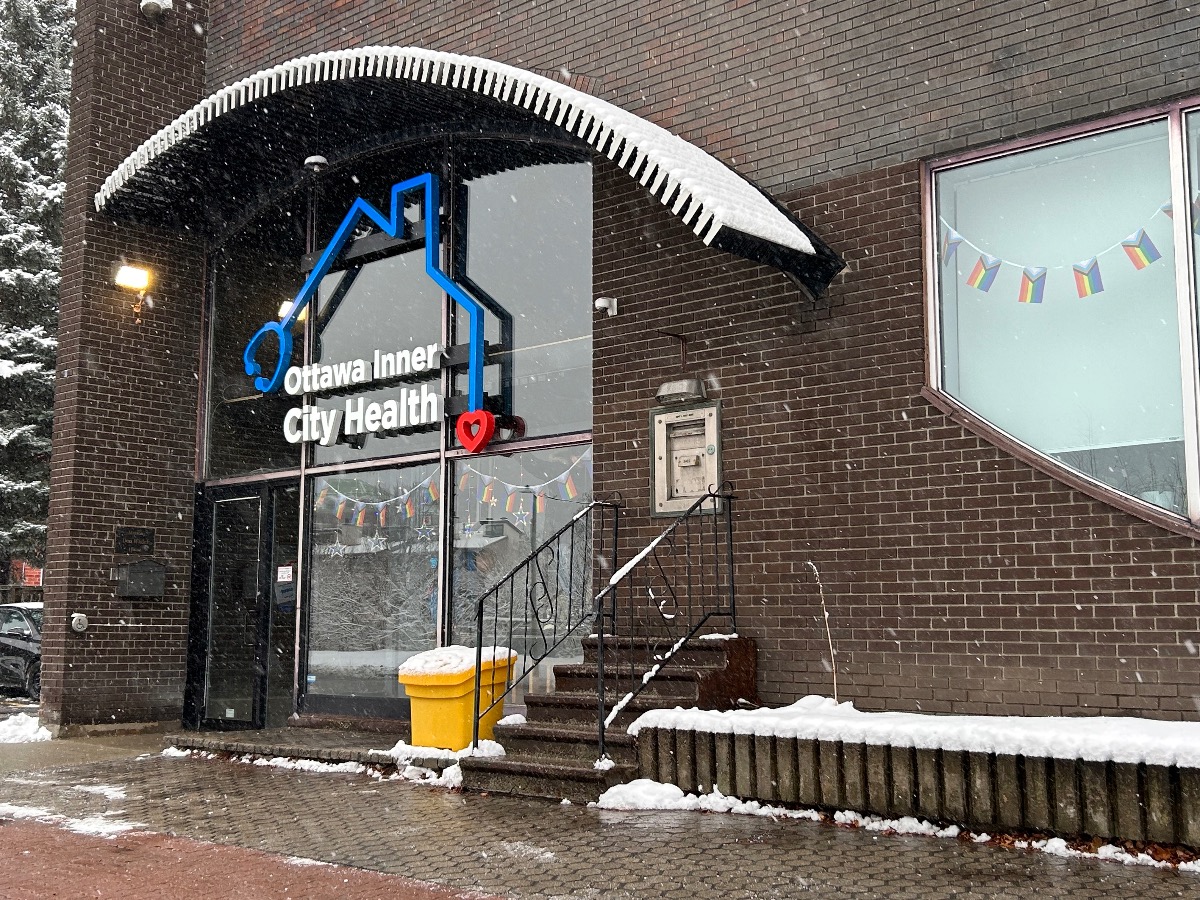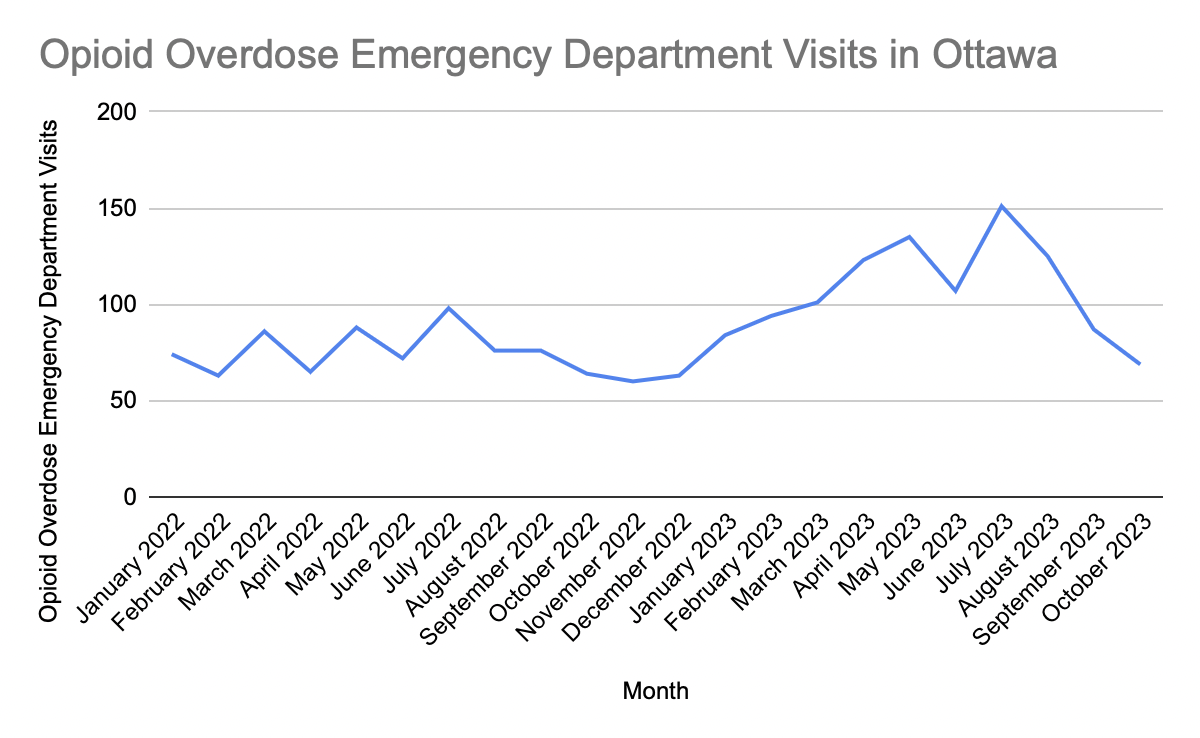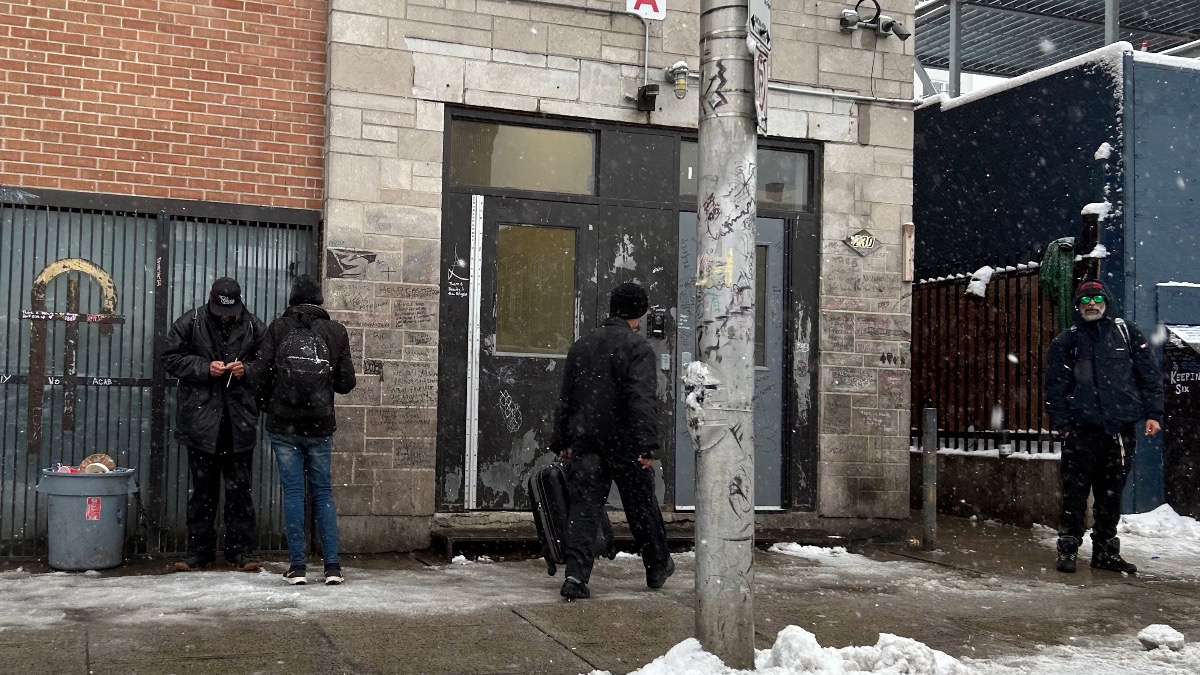Public health advocates are pleading for the expansion of safe drug-consumption sites to include those who smoke opioids, in order to try to reduce the number of overdose deaths. Evidence shows that smoking drugs, rather than purely injecting them, is on the rise.
Opioid-related deaths in Ontario rose every year from 2011 to 2021, but the number of deaths decreased 11 per cent in 2022. In 2021, there were 2,856 opioid-related deaths, while 2,534 people died from opioids last year.
In Ottawa, however, opioid-related deaths were lower in 2019 than in 2018, but have risen every year since.
The local situation prompted the regional coroner, Dr. Louise McNaughton-Filion, to recommend opening safe inhalation sites. In a recent report, she found that in 2018, only about one in every five overdose deaths in Ottawa showed evidence of inhalation. In 2023, three of four drug deaths offered evidence of inhalation.
Her call for safe inhalation sites has been echoed by Ottawa Public Health, which is working with the province to provide such services.
While overdoses happen at supervised injection sites, the user is quickly attended to, something that does not occur when users who are smoking overdose in dark alleys or neighbourhood corners with no one around to help. At present, none of the four supervised sites are equipped to provide safe inhalation.
Some people, however, are not convinced of the merits of safe inhalation sites.
“This does not change anything about the drug toxicity problem,” said Liam Mooney, a small-business owner and instructor in Carleton University’s communications department. “In fact, it makes it more dangerous, and more usable, and more ubiquitous.”
“Our [drug] problem has metastasized so much in the last 18 months and this will only accelerate it; it will make it easier to do, it’ll make it easier to do more often,” said Mooney. “I suppose the only benefit would be somewhat of an additional control of the spread of HIV and AIDS.” (When opioids are inhaled rather than injected with potentially tainted needles, the chance of contracting blood-borne infections like HIV are reduced.)
In a recent Ottawa Citizen column, Mooney wrote that Ottawa is seeing an “unprecedented crisis” that has, according to him, left the city’s downtown streets “shadows of their former selves.”
He wrote that, among other things, Ottawa must “defund (un)safe supply” to help make the city safer and “livelier.”

However, the director of operations of Ottawa Inner City Health, Anne Marie Hopkins, told the Ottawa Citizen that her agency is looking to open a safe inhalation site, adding that planning and provincial funding must be addressed first.
Some at city hall, such as Somerset Coun. Ariel Troster, have thrown their support behind the idea too, though others are more pessimistic.
“What I believe is there is no such thing as a safe supply or a safe injection site. Both have their issues,” said Kanata South Coun. Allan Hubley in an email to Capital Current. “I further believe encouraging hard drug use by providing free drugs is giving up on the people using.”
“I would rather invest in treatments that help them deal with their addictions so that they can get their lives back.”


Critics of safe-consumption sites often point to the high number of overdose visits to Ottawa’s hospitals. Some experts, though, interpret these numbers differently.
“Those [high number of emergency department visits] are a good thing,” said Mark Barnes, owner of Ottawa-based Respect RX pharmacy, in a telephone interview. “The fact that they are reaching hospitals and not dying is a positive trend, not a negative trend.”
“This is the first year in 11 or 12 [years] that there is a decrease in the number of deaths from Ontario residents from opioids,” said Barnes. “This is the first year since I started doing this work in 11 years that it has decreased, so that’s a phenomenal change.”
Barnes sees the call for safe inhalation sites as an important step.
“It would help, absolutely,” said Barnes. “Safe inhalation services will help people from smoking [unsupervised] outdoors so there will be less [emergency room] visits.”
The debate surrounding safe consumption and safer supply is likely to continue, not only at a municipal level, but also within federal politics. In May, Conservative leader Pierre Poilievre brought a motion to condemn safe supply, which was rejected by the House of Commons.




